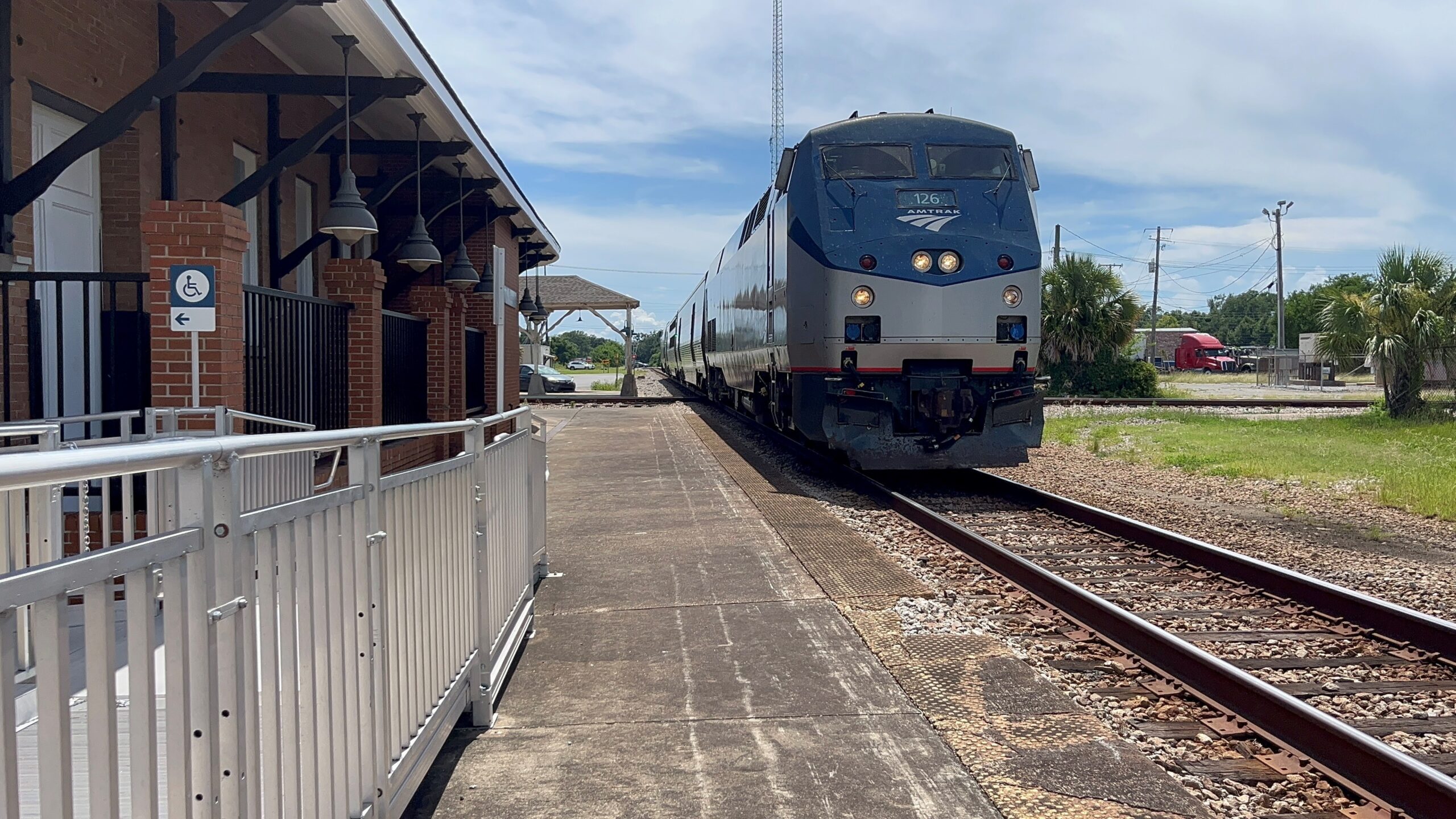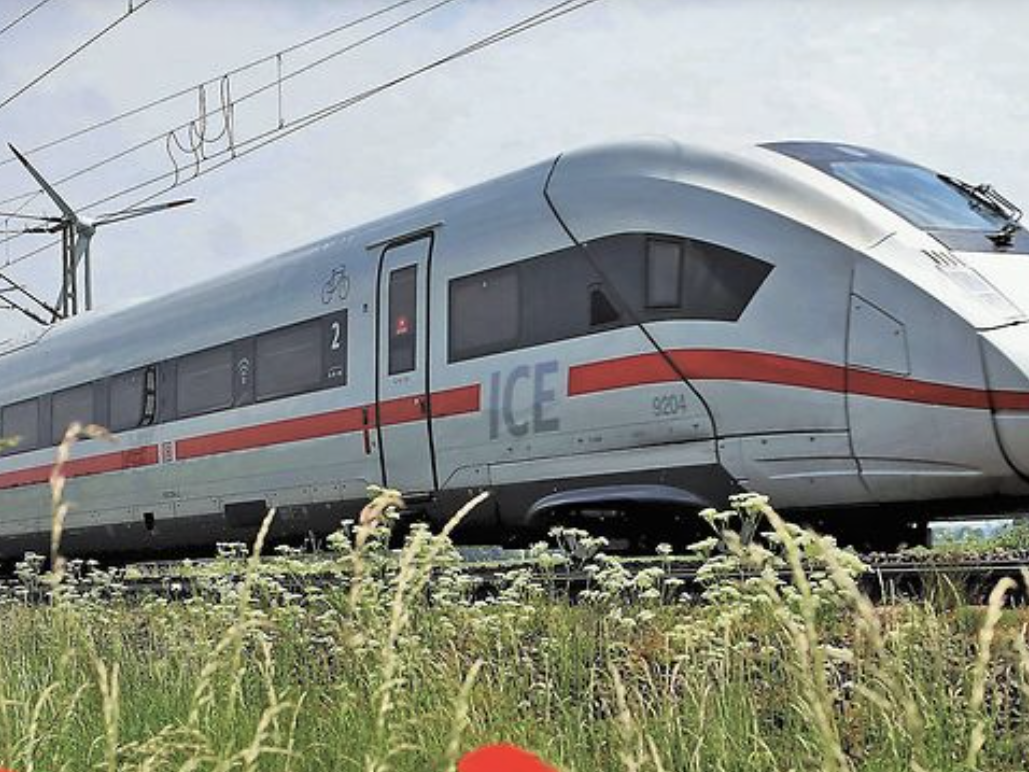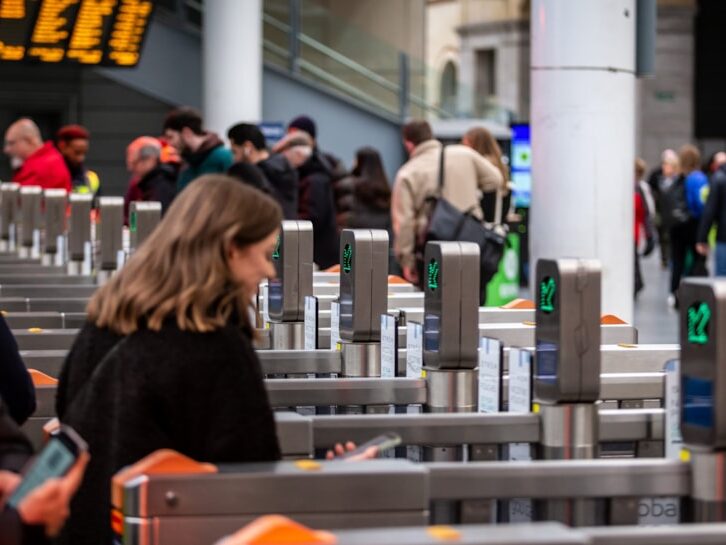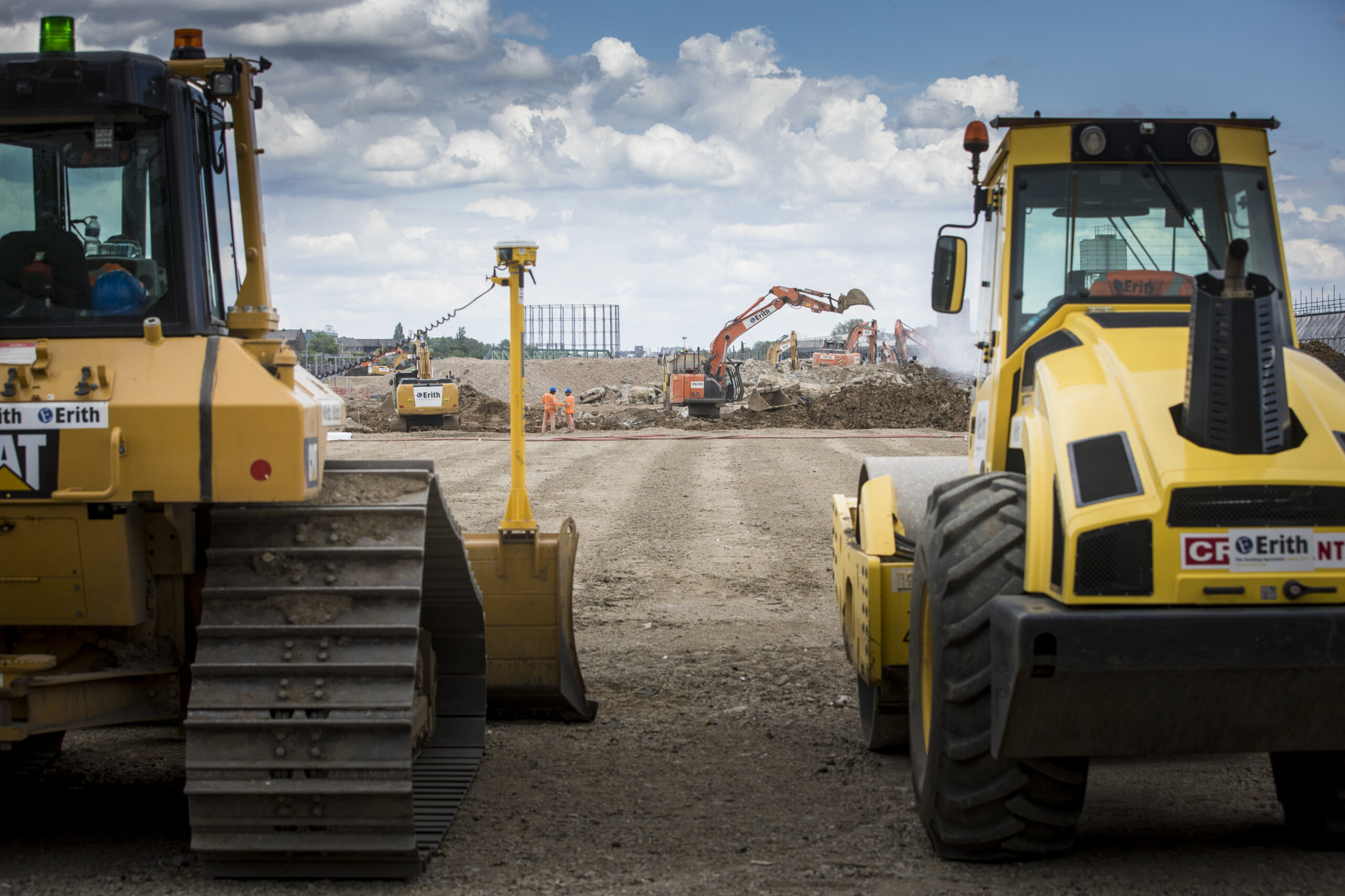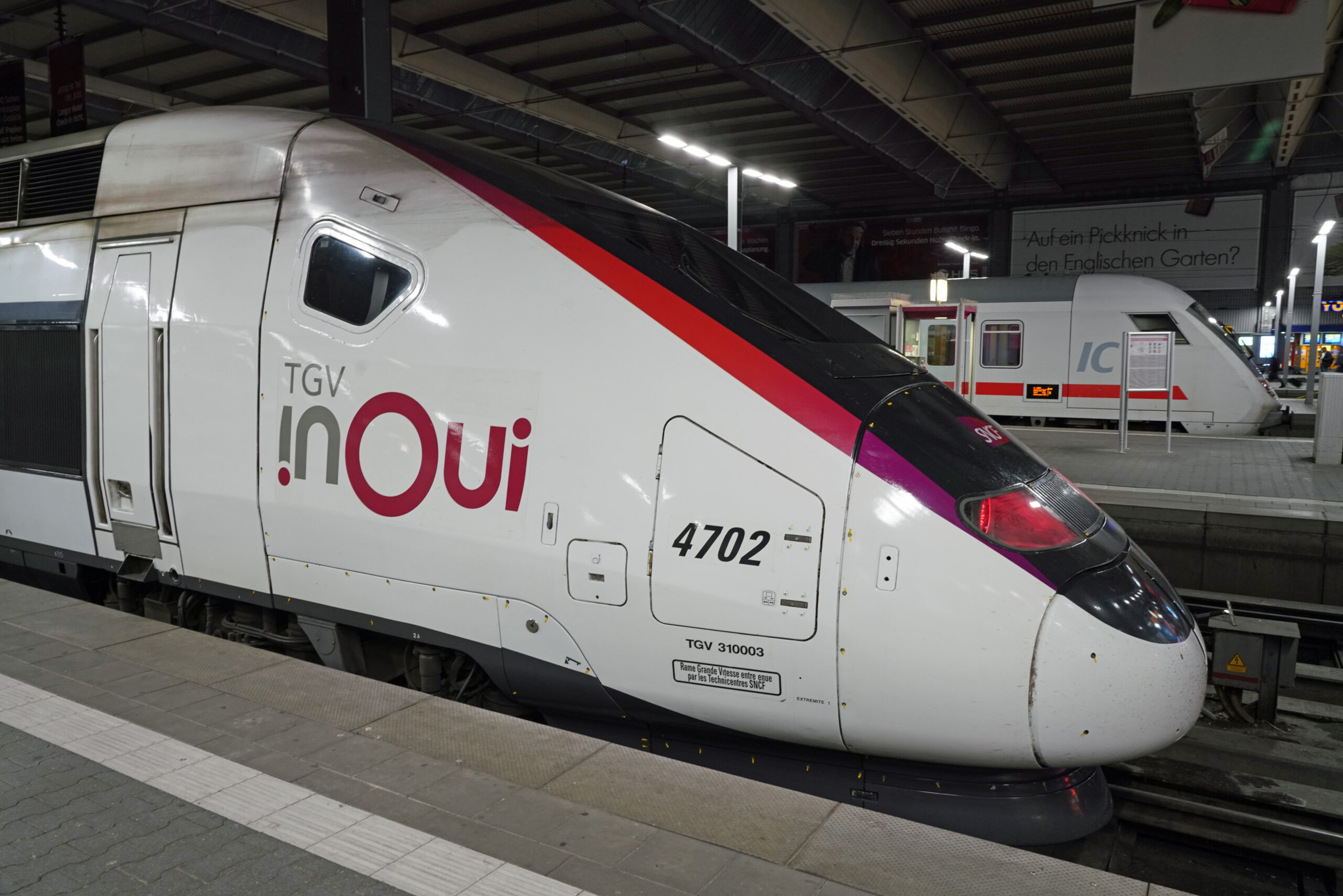Transport for London (TfL), which unlike other urban transport providers relies almost entirely on income from ticket sales for its funding, is in financial trouble as a result of the vast fall in passenger numbers because of the coronavirus pandemic.
In 2015 when Boris Johnson was Mayor of London, the then-Chancellor George Osborne axed TfL’s 700m GBP annual budget, forcing TfL to become self-supporting.
Mike Brown, London Transport Commissioner, said:We have worked closely with the government and mayor as part of the national effort to fight the virus, rapidly reducing passenger numbers to levels not seen for 100 years. This has meant that our fare and other revenue has fallen by 90 percent.
Now, the UK government says it will make available 1.6 billion GBP available to TfL so that services can keep running. Not being able to operate with the usual passenger numbers, TfL still provides an essential service where social distancing rules must be adhered to. The government says the 1.6 billion GBP is made up of a mix of grants and loans that come with a number of strings. Specifically, 1.095 billion GBP will be a grant, while 505 million GBP will be a loan. This deal runs until October 2020.
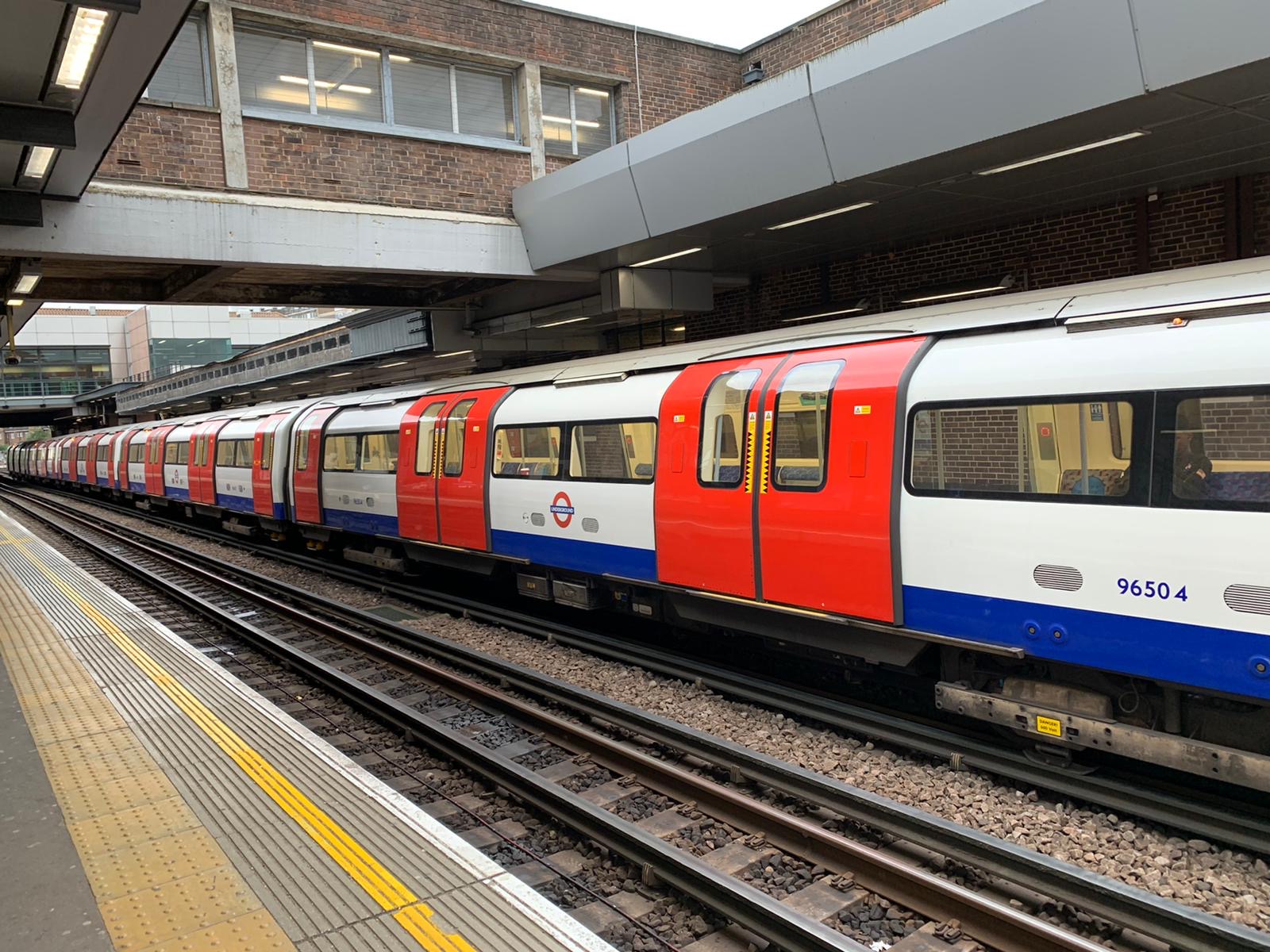 For example, TfL must increase service levels as soon as possible to allow people to travel while maintaining social distancing guidelines. Furthermore, a London COVID-19 task force has been established to oversee operational decisions during the pandemic. It consists of representatives of both government and TfL. Fares on buses and the congestion charge will be reinstated.
For example, TfL must increase service levels as soon as possible to allow people to travel while maintaining social distancing guidelines. Furthermore, a London COVID-19 task force has been established to oversee operational decisions during the pandemic. It consists of representatives of both government and TfL. Fares on buses and the congestion charge will be reinstated.
Mike Brown:We have been operating up to 70 percent of peak Tube services and over 80 percent of bus services with many of our staff ill, shielding or in self-isolation. From next week we will further increase services beyond this as we progressively build towards restoring services to pre-covid levels.
The government will now carry out an immediate and broad-ranging review of TfL’s future financial position and structure. This includes looking for ‘efficiencies’. There will two government representatives on TfL’s board, its finance committee and its programmes and investment committee.
Next year fares will increase on all of TfL’s transport services by RPI plus 1 percent.
Also read:
- Coronavirus Cashflow: HS2 Speeds Up Payments
- Siemens Mobility Reveals Goole Training Partner
- HS2 Starts Search for Track Systems Suppliers
- Rail Supply Group Launches Coronavirus Recovery Survey

















